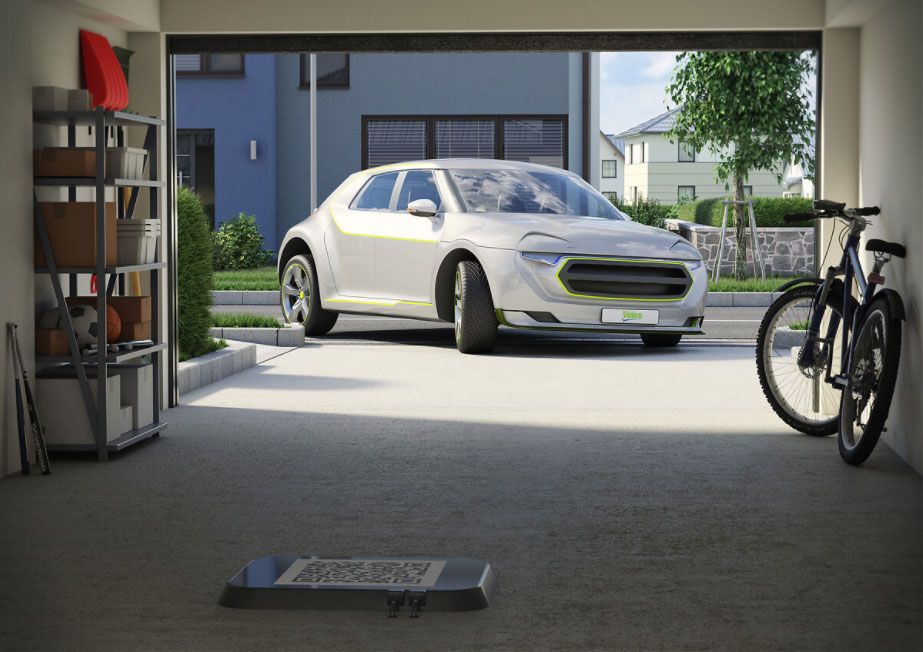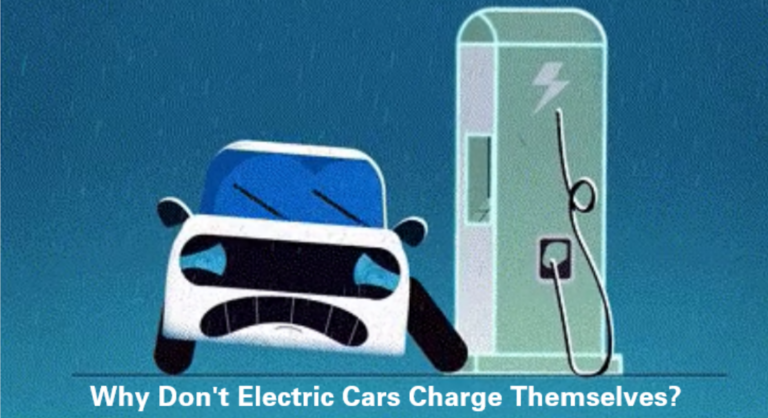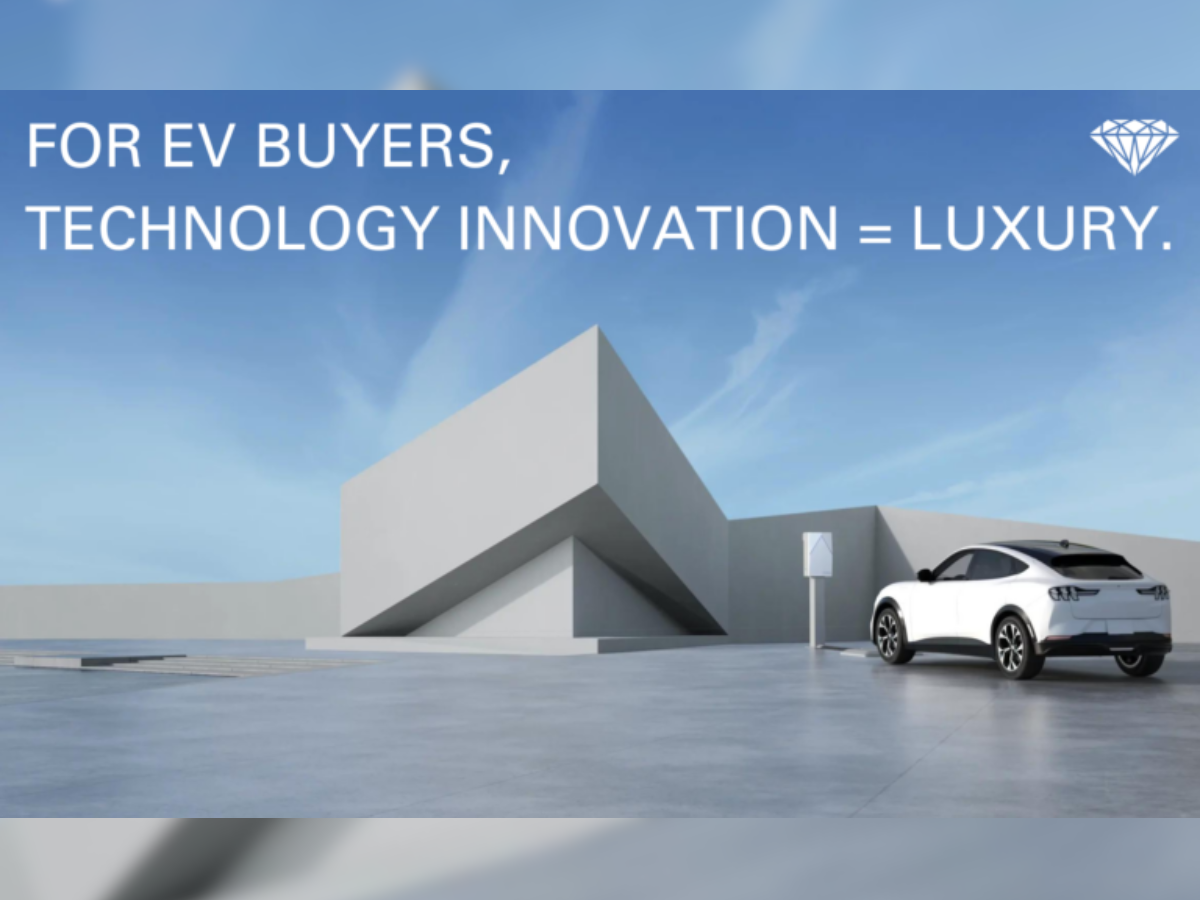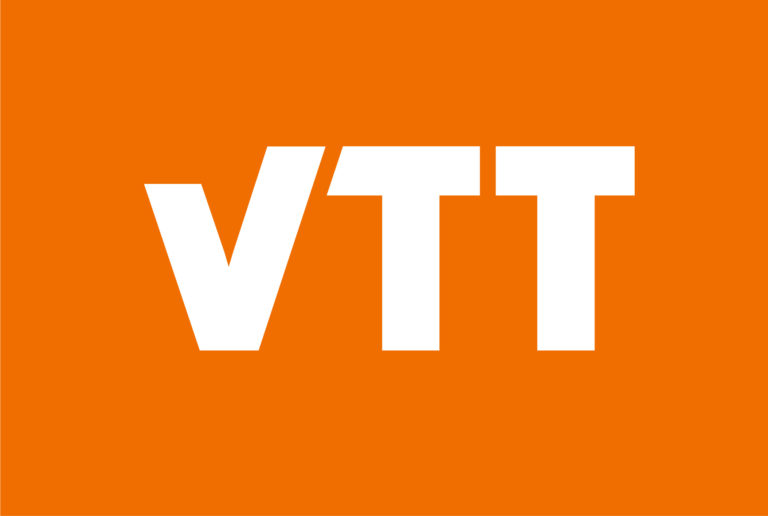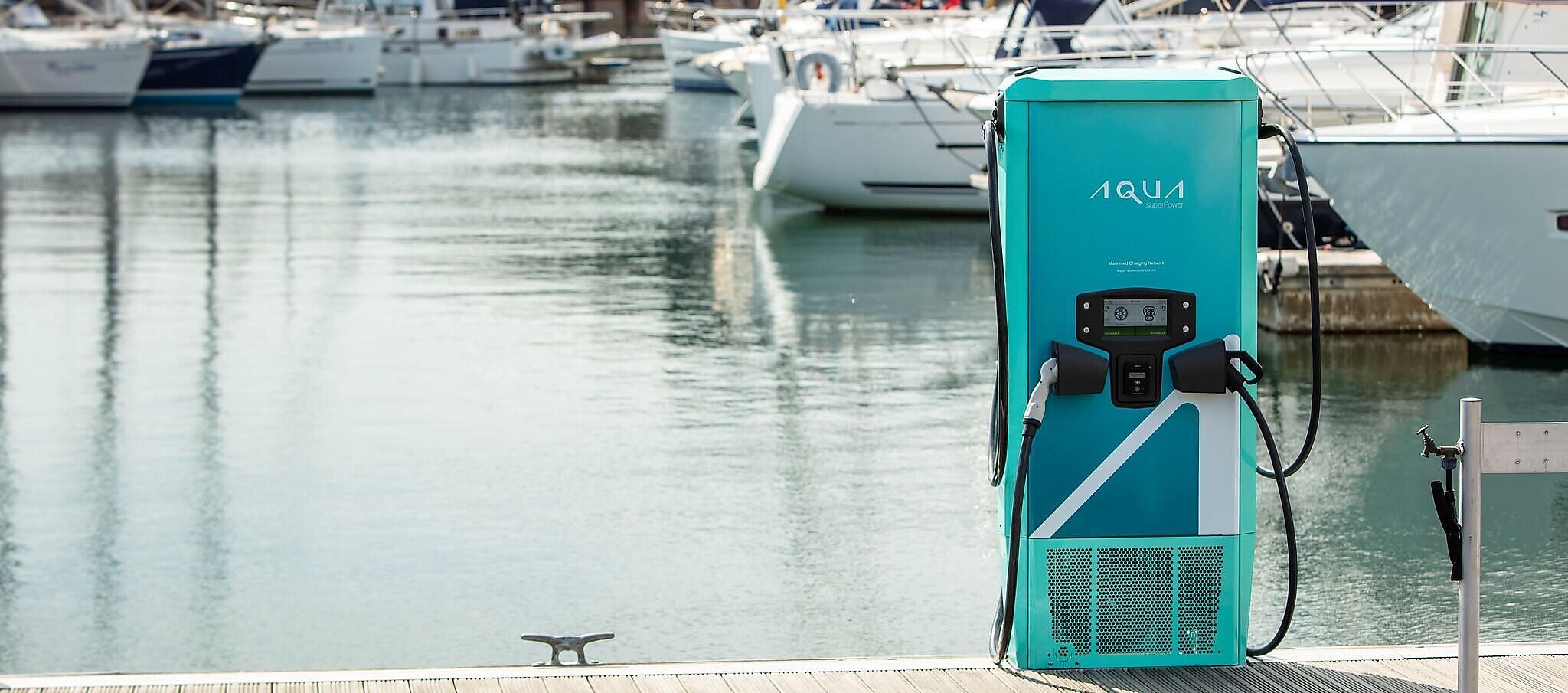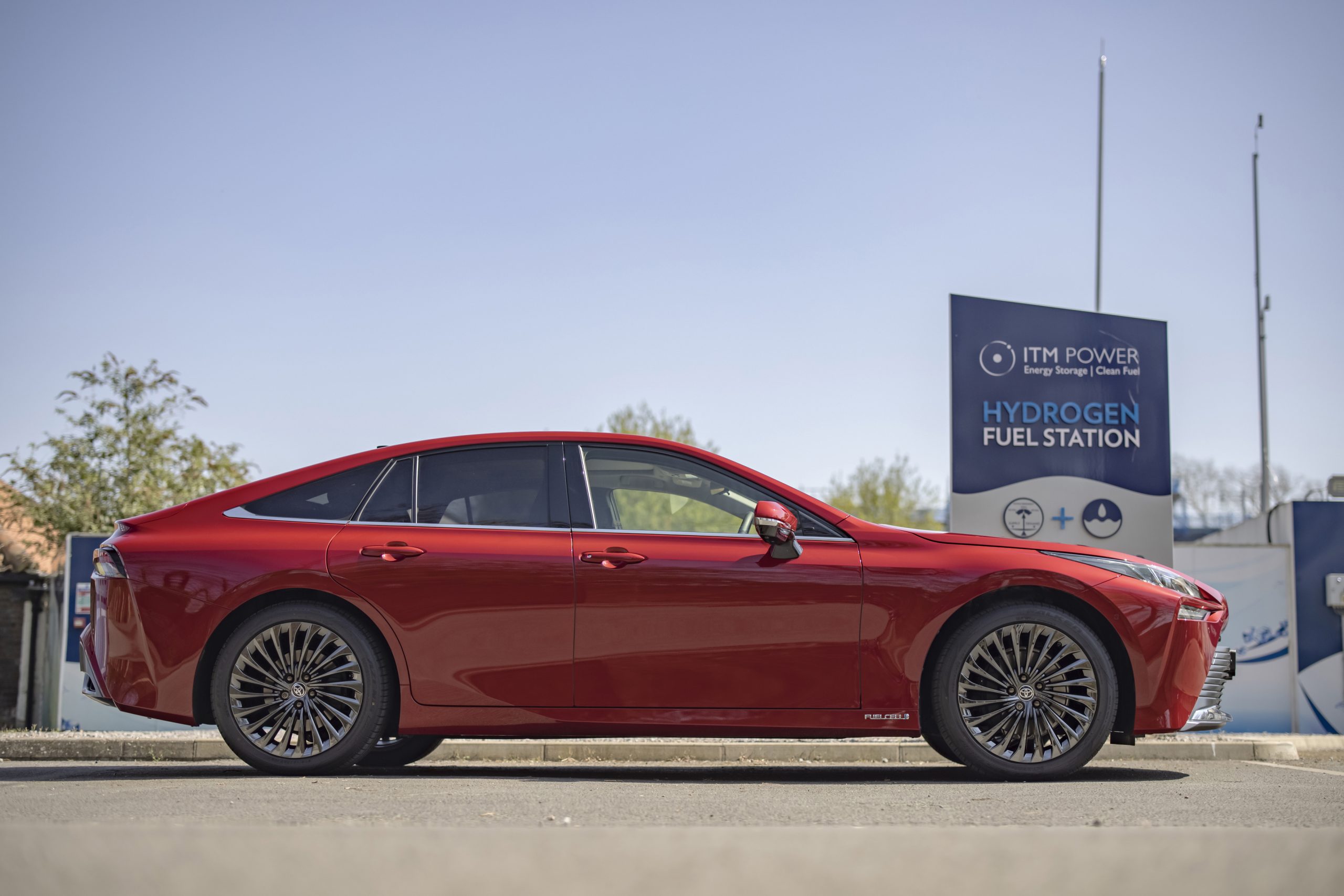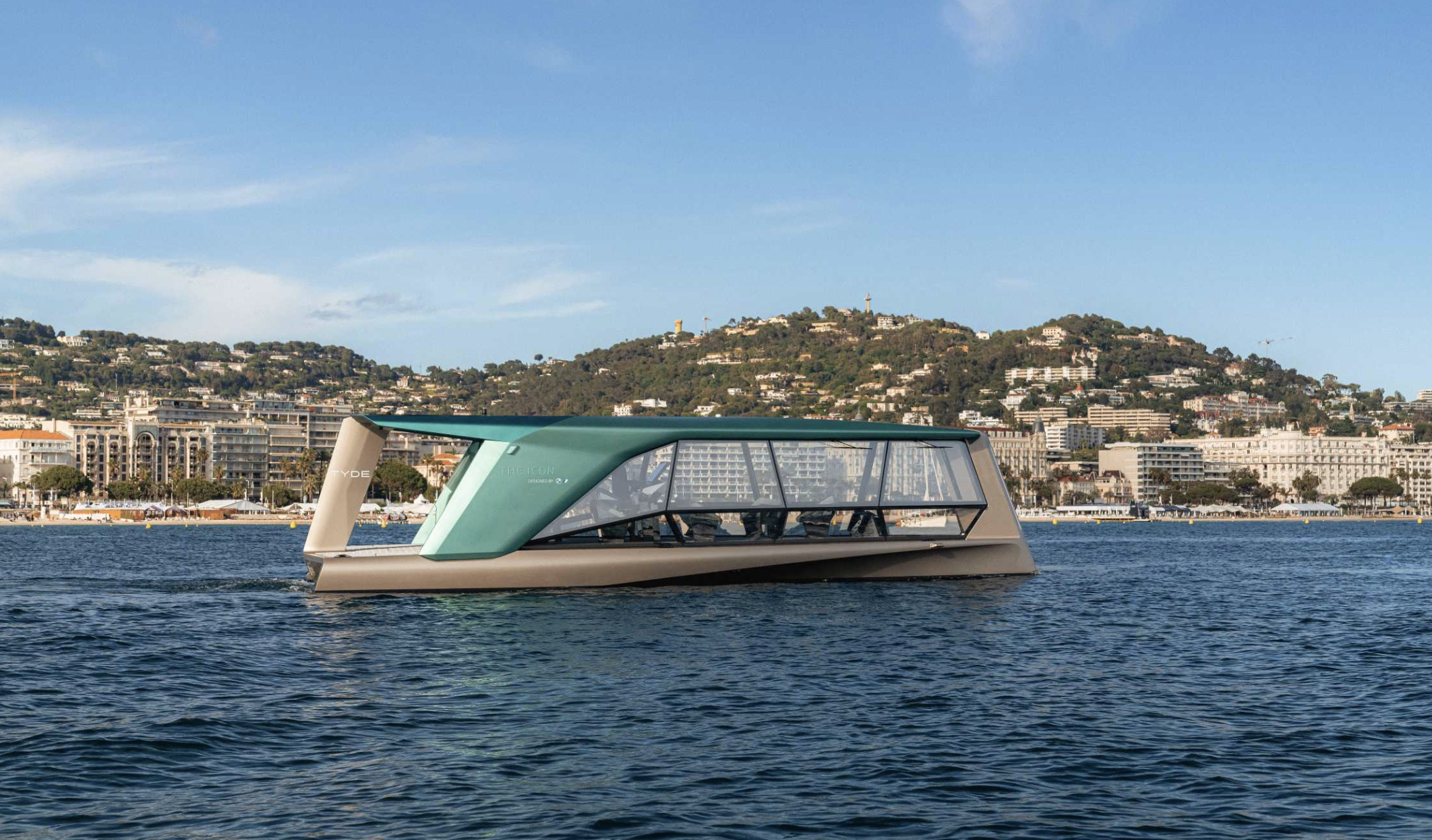By Guest Blogger, Craig Cole, Senior Editor, EV Pulse
Will electric vehicles destroy our power grid – that immense system that generates and delivers electricity to your home and workplace?
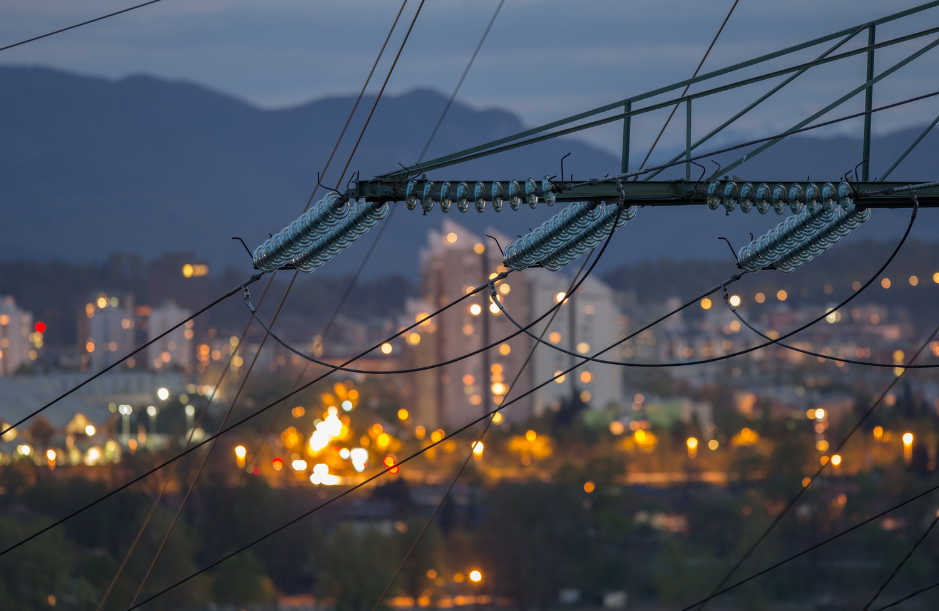
We hear it all the time from the naysayers … “electric vehicles are a scam and they’re going to destroy our power grid.” But is that really true? On the surface, at least, this may seem like a reasonable assertion. Those critics say…
- Too many drivers plugging in to charge all at once could overload the system and send us back to the dark ages
- Shutting down coal- and natural gas-fired powerplants is already leading to energy shortages – just look at California’s rolling blackouts last summer
- Renewables, like wind and solar, are unreliable
- And finally, our electric grid is far too old to support millions of EVs
That last point is particularly frightening. As reported in a 2020 article from Public Utilities Fortnightly, the US power grid is ancient. “To say that the United States has an aging electric transmission infrastructure is a sizable understatement. The average age of the installed base is 40 years old, with more than a quarter of the grid 50 years old or older.”
Yes, that sounds bad. But despite the age of our power system hardware, at least in the immediate term, we’re in a better place than many people realize.
The Electric Grid Will Not Be Destroyed by Electric Vehicles
According to Sam Fiorani, vice president of global forecasting, AutoForecast Solutions:The electric grid will not be destroyed by electric vehicles. Our electric grid is old, and we’ve been dealing with a grid that was built ages ago and has not kept up with the times, even for regular stuff. We use a lot of electricity for everything anymore. The grid, itself, needs to be upgraded to start with.
And that’s exactly what’s happening. For instance, the US Department of Energy’s Building a Better Grid Initiative, which is part of the Bipartisan Infrastructure Deal, focuses on “… catalyzing nationwide development of new and upgraded high-capacity transmission lines.” This is necessary because, according to the DOE, a whopping 70% of our nation’s power lines are more than 25 years old. Additionally, “… insufficient transmission capacity – especially transmission that facilitates [the] transfer of power across regions – presents another critical challenge …”
Upgrades and expansions will be funded by more than $20 billion in federal financing tools, so every American can have access to reliable, affordable energy AND internet access. These electric grid improvements aim to improve reliability and integrate cost-effective clean energy into our national power network to satisfy growing demand from all sources, including EVs.
Fiorani comments:Electric vehicles will require some additional power draw from the system. But it’s not going to be to the point where it’s going to bring down our electric grid in any case at all.
Supporting this is a study, published a few years back by the Pacific Northwest National Laboratory, which projects that through 2028, the overall power system looks strong enough to support up to approximately 24 million EVs. According to Fiorani, as of last year, there were nearly 292 million registered vehicles in the US and roughly 1.3% of those are electric (around 3.8 million vehicles). So, it sounds like we have plenty of electrical capacity going forward. However, the Pacific Northwest National Laboratory also says that once we get to around 30 million battery-powered cars and trucks, things could become a problem IF upgrades to our sprawling power network aren’t made.
For the time being, at least, it sounds like our power-distribution network is more than up to the challenge of charging electric vehicles. Further supporting this point, the growth in new EV sales will not explode overnight. We’re not going to completely and immediately switch from fossil fuels to electrics in the next three months. Based on projections, power companies have some runway for making upgrades to meet future electricity demands.
And, if it’s any consolation, this isn’t the first time we’ve gone through a monumental shift in transportation. Something similar happened around 100 years ago.
As Fiorani describes:From the turn of the last century till about 1915, there was a competition between electric vehicles, steam-powered vehicles, and gas vehicles. It wasn’t till the invention of the self-starter and mass production of the Model T that the gasoline vehicles took the lead.
It took years to develop our fossil fuels infrastructure. Drilling, pumping, refining, and transporting petroleum on a national scale didn’t happen overnight. Our electrical network faces similar challenges. If we were to wave a magic wand tomorrow and convert every vehicle on the road to an EV, the grid would NOT be ready. It WOULD crash. BUT that’s not what’s going to happen. We’re decades away from full-scale EV adoption.
Will EVs Destroy our Power Grid?
So, will EVs destroy our power grid? It seems like the answer is NO, they will not.
- Despite its age, our electrical network still has capacity, and there’s room to grow
- Big investments are being made to produce and distribute more electricity
- Future energy-generation and storage solutions are being developed
- And finally, the EV adoption rate is projected to grow at a reasonable pace, so utility companies have time to upgrade their systems
Despite what certain cable TV pundits and politicians may say, it sounds like we’re in a good place, and things should get better going forward, so there’s no need to worry about living in the dark ages.
This article was originally published by WiTricity.


